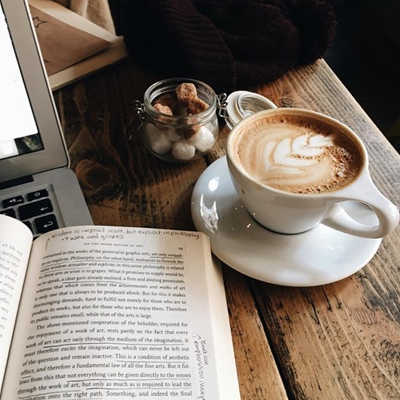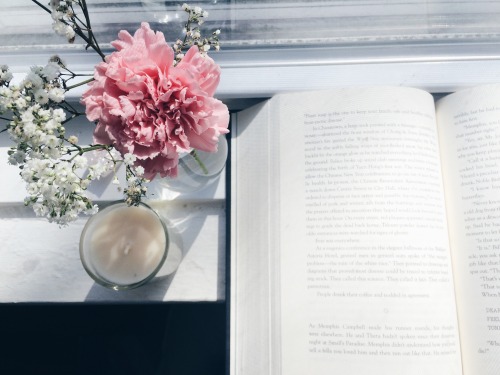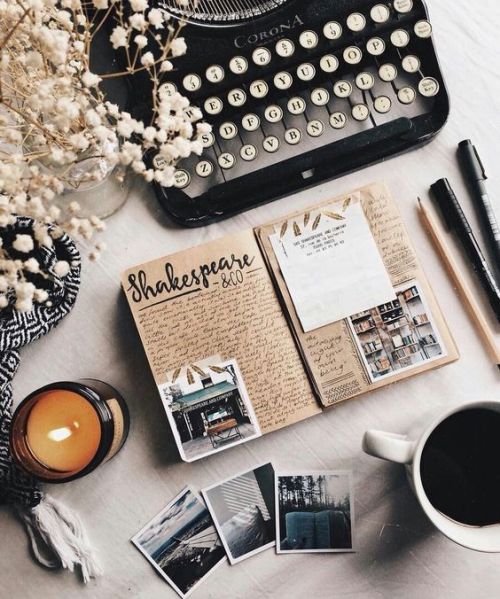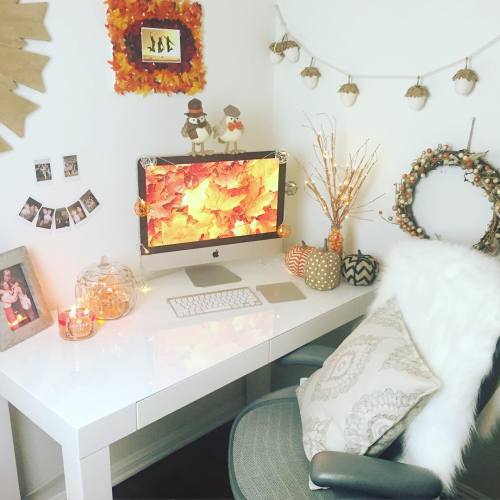German Is Not That Difficult As We Think. Learning A New Language Is Always A Struggle In The Beginning


German is not that difficult as we think. Learning a new language is always a struggle in the beginning but with practice, it starts to become natural as our native language. In this post, I’ll give you some tips to start learning or improve your German.
Phonetics: start with learning the vowels and consonants. The vowels and consonants sound way different in German. Learn how to read the words, especially the ones with the umlaut: ä, ö and ü. They have an especial pronunciation and, if you want to be understood, learn them. For example, schon means already while one of the meanings of schön is beautiful.
Basic words and expressions: ja, nein, danke, bitte, auf Wiedersehen, ich, du and etc. This is a good start and they are very useful words. Move on to basics like ich bin, ich heisse…
Vocabulary: I would this is the most important thing in learning a new language. There’s no point knowing every grammar rule if you have nothing to say. Read texts and write every word that you don’t know. If it’s a substantive, also look for the articles (der, die or das) and the plural. You can use flashcards to help to memorize those words.
German cases: this is what people are afraid about learning German. I’m not gonna lie because this shit scared me as hell. Stop seeing it as a bad thing, because it’s not. First of all, you need to know the gender of the words so you can actually use them. If you don’t know the articles, you are going to use the cases wrong. Second, we use wich case after certain verbs and prepositions, so you also need to know how to use that stuff. Maybe soon I’m going to do a post explaining the four cases…
Listen: get used to the language. Music, tv shows, movies, podcasts, everything is very useful in this process. You might catch yourself while you are studying: hey, I remember this word from that song.
Don’t give up: stop thinking that you won’t learn German, because you will! Push yourself and study, because no one else will do that for you. It always seems impossible until it’s done. I’m here with you!
More Posts from Theblogofwildfellhall and Others
how to sound more like a french native speaker 🌿
The following points are 5 classic French conversational techniques and mannerisms to help you sound just a bit more truly français:
1. The tactical use of bah
Fairly difficult to translate, the French bah is used rather regularly and can make your speech pattern sound very authentic.
In answer to an obvious question perhaps:
“Tu aimes bien la pizza?” (Do you like pizza?)
“Bah oui, bien sur!” (Well, yes, of course!)
Or something like the following:
“Tu adores le brocoli?” (Do you love broccoli?)
“Bah non! Je déteste!” (No, I hate it!)
Or as a deep, elongated syllable to fill gaps while you think:
“Qu’est-ce que tu fais le weekend?” (What are you doing on the weekend?)
“Baaaaaahh, en fait je ne sais pas encore.” (Well…actually I don’t know yet)
2. Add quoi to the ends of sentences
This one is also not easy to translate, but it would be the French equivalent of “whatever” or “innit.” So, you might imagine that it shouldn’t be used when talking formally, but it’s used often in casual conversation and can perfectly round off a sentence.
“C’est quoi, ça?” (What is that?)
“Euuh, je ne sais pas exactement mais je pense que c’est une sorte de nourriture, quoi.” (Um, I’m not really sure but I think it’s a type of food or whatever.)
3. Using eh, ah and hein like there’s no tomorrow
Whether it’s to fill space while you think or to provoke a response, these elongated vowels are very useful when speaking French. They can be heard very often in conversation.
For example, in English we add “don’t you?”/ “aren’t you?”/ “isn’t it?” to the end of statements to toss the conversational ball back into the other person’s court. The French will simply say “hein?”
“Il fait beau aujourd’hui hein?” (It’s nice weather today isn’t it?)
Try it with raised eyebrows for added French effect.
4. Sufficient use of voilà here, there and everywhere
The slangy English phrases “so, yeah” or “so, there you go” would probably be best translated into French as “voilà.”
When you can’t think of anything else to say at the end of a sentence, you can’t go wrong with a voilà. Sometimes even two. Voilà voilà.
5. Not forgetting the classic French shrug
In response to a question to which you don’t know the answer, respond the French way with an exaggerated shrug, raised eyebrows and add a “baaah, je sais pas, moi!” for good measure.



August 12, 2016 “Kindred spirits are not so scarce as I used to think. It’s splendid to find out there are so many of them in the world.“




This or That
Thanks to @cactii-studies for tagging me!
honey and lemon or milk and sugar // musicals or plays // lemonade or iced tea // strawberries or raspberries // winter or summer // beaches or forest // pastels or neons // diners or cafés // unicorns or dragons// gemstones or crystals // humming birds or owls // fireworks or sparklers // brunch or happy hour // sweet or sour // rome or amsterdam // classic or modern art // sushi or ramen // sun or moon // polka dots or stripes // macarons or croissants // glitter or matte // degas or seurat // aquariums or planetariums// road trip or camping trip // colouring books or watercolour // fairy lights or candles
read interesting books. listen to beautiful lyrics and melodies. write your own stories. go to concerts, parks and museums. study hard. take care of yourself. stay hydrated. learn to appreciate the little things. travel. learn a language. remind your friends that you’re there for them. be kind, and feel.
-
 enenedkabi liked this · 1 year ago
enenedkabi liked this · 1 year ago -
 drzgons liked this · 4 years ago
drzgons liked this · 4 years ago -
 diaryofcherie-blog liked this · 5 years ago
diaryofcherie-blog liked this · 5 years ago -
 sunset3446 liked this · 5 years ago
sunset3446 liked this · 5 years ago -
 a-personal-romance liked this · 5 years ago
a-personal-romance liked this · 5 years ago -
 silversotter liked this · 5 years ago
silversotter liked this · 5 years ago -
 yosuk-e liked this · 5 years ago
yosuk-e liked this · 5 years ago -
 grafiaaa liked this · 5 years ago
grafiaaa liked this · 5 years ago -
 golddenngoree liked this · 5 years ago
golddenngoree liked this · 5 years ago -
 ambitchousaf liked this · 5 years ago
ambitchousaf liked this · 5 years ago -
 tryyingg-to-be liked this · 5 years ago
tryyingg-to-be liked this · 5 years ago -
 thuyhuongnguyen reblogged this · 5 years ago
thuyhuongnguyen reblogged this · 5 years ago -
 zairaurelia reblogged this · 5 years ago
zairaurelia reblogged this · 5 years ago -
 zairaurelia liked this · 5 years ago
zairaurelia liked this · 5 years ago -
 fabyjackson liked this · 5 years ago
fabyjackson liked this · 5 years ago -
 chemenginerd liked this · 5 years ago
chemenginerd liked this · 5 years ago -
 anonlifeform reblogged this · 5 years ago
anonlifeform reblogged this · 5 years ago -
 always-laugh-forever reblogged this · 5 years ago
always-laugh-forever reblogged this · 5 years ago -
 bluebirdsforever liked this · 5 years ago
bluebirdsforever liked this · 5 years ago -
 lacksname liked this · 5 years ago
lacksname liked this · 5 years ago -
 neogrlll liked this · 5 years ago
neogrlll liked this · 5 years ago -
 oddeyemp4 liked this · 5 years ago
oddeyemp4 liked this · 5 years ago -
 all-in-one98 reblogged this · 5 years ago
all-in-one98 reblogged this · 5 years ago -
 messy-mind-98 reblogged this · 5 years ago
messy-mind-98 reblogged this · 5 years ago -
 nina-ttt liked this · 5 years ago
nina-ttt liked this · 5 years ago -
 musestxt liked this · 5 years ago
musestxt liked this · 5 years ago -
 coffphe liked this · 5 years ago
coffphe liked this · 5 years ago -
 gothicdemon liked this · 5 years ago
gothicdemon liked this · 5 years ago -
 cryingovertextbooks reblogged this · 5 years ago
cryingovertextbooks reblogged this · 5 years ago -
 grey-skyy liked this · 5 years ago
grey-skyy liked this · 5 years ago -
 mellowkingdomflower liked this · 5 years ago
mellowkingdomflower liked this · 5 years ago -
 into-new-horizons liked this · 5 years ago
into-new-horizons liked this · 5 years ago -
 alwaysherlocked liked this · 5 years ago
alwaysherlocked liked this · 5 years ago -
 starkironwoman liked this · 5 years ago
starkironwoman liked this · 5 years ago -
 diedeutschehexe reblogged this · 5 years ago
diedeutschehexe reblogged this · 5 years ago -
 medium-noctus reblogged this · 5 years ago
medium-noctus reblogged this · 5 years ago -
 srestillthinkspunkisin liked this · 5 years ago
srestillthinkspunkisin liked this · 5 years ago -
 whatinthe-fuckaroni liked this · 5 years ago
whatinthe-fuckaroni liked this · 5 years ago -
 dew-beater reblogged this · 5 years ago
dew-beater reblogged this · 5 years ago
Emma. 27. A blog for Classic Literature, language learning, flowers, and aesthetic
117 posts

